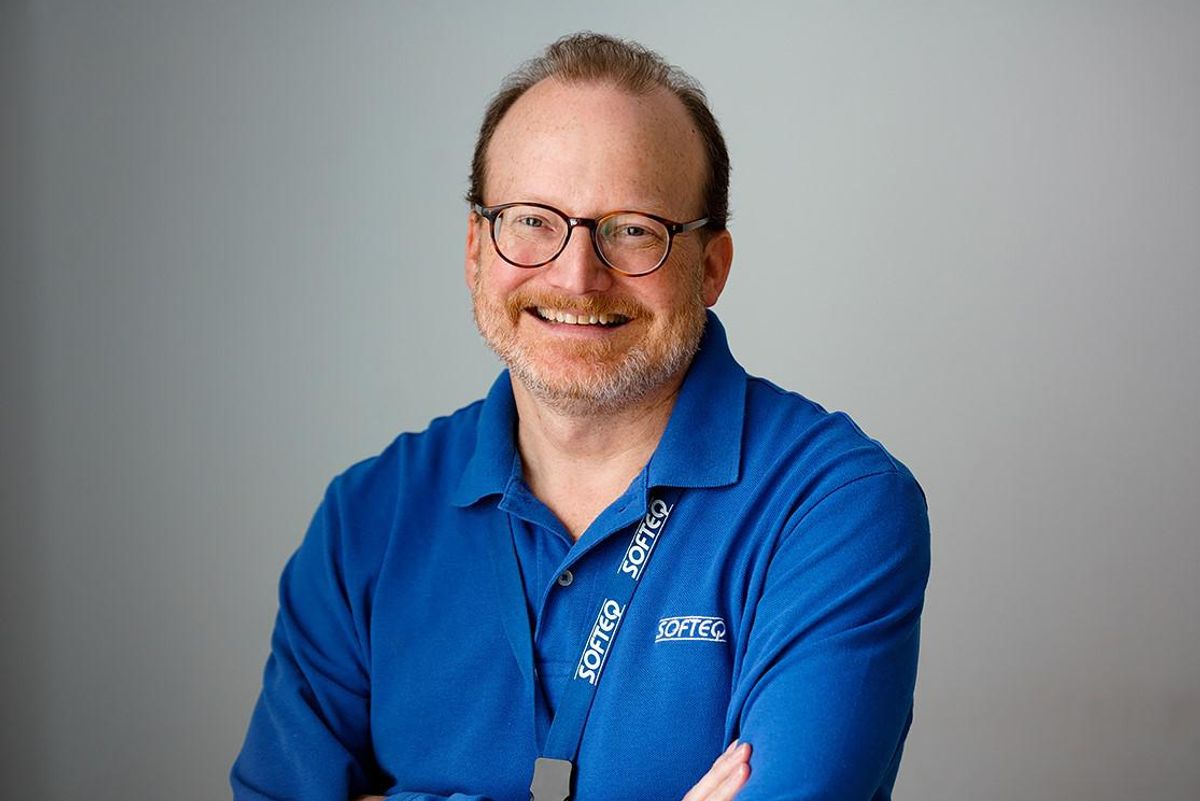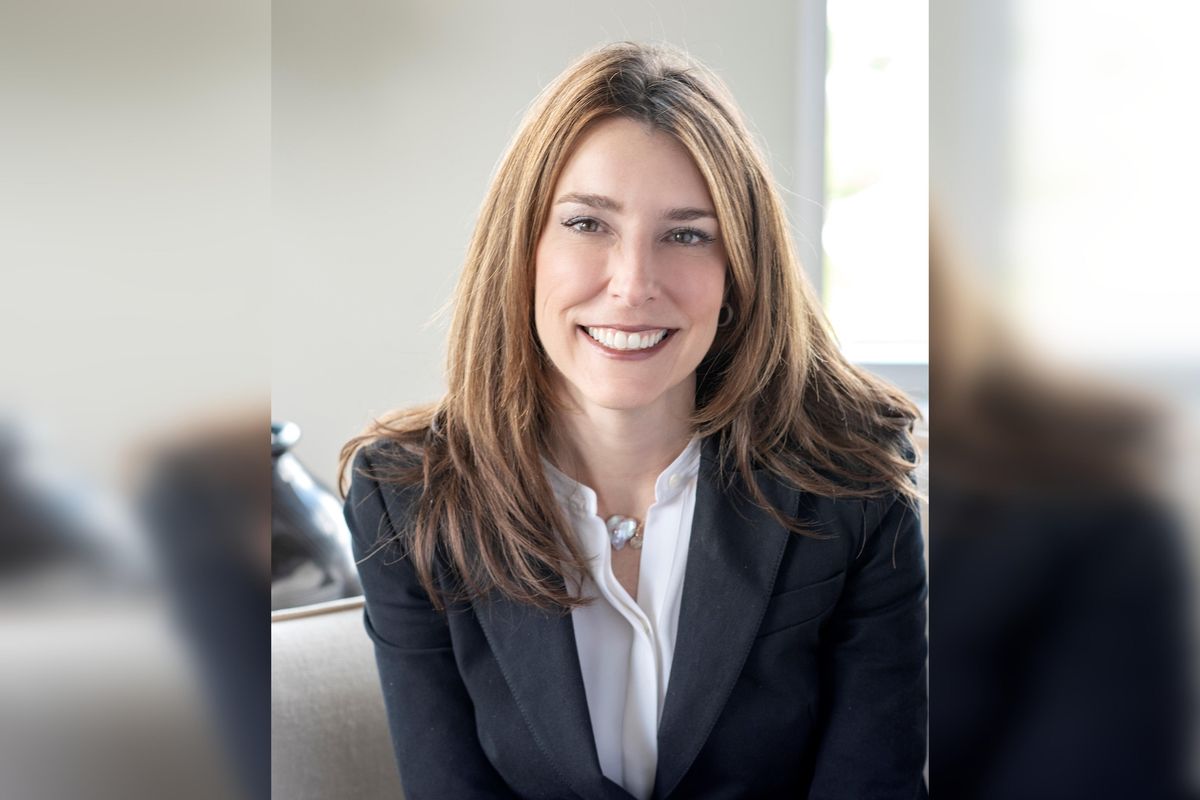Houston tech company's venture studio secures $5M investment, expands out of state
investing in investors
A Houston tech services company has announced fresh funding and a new location for its venture studio focused on growing startups.
Softeq Development Corp. announced an additional commitment of $5 million to the Softeq Venture Fund. With the investment, Softeq has a new partnership that will work toward creating a satellite venture studio in New Hampshire with local investors. Launch New Hampshire will leverage the Softeq Venture Studio platform to back qualified startups from within and outside New Hampshire, according to a news release from Softeq.
“It’s a great time to invest in startup companies, and we saw an opportunity to bridge the gap between the growing innovation community here in Houston and the untapped investment community in New Hampshire,” says Christopher A. Howard, founder and CEO of Softeq, in the release. “We’re excited about this partnership because it provides the Softeq Venture Studio with a source of high-quality startups while also fostering the innovation ecosystem in New Hampshire and New England.”
The Softeq Venture Studio announced its inaugural cohort last year, launching to act as an investor and accelerator program that provides mentors, resources, and workspaces for promising tech startups. This is the first expansion of the program and the latest investment into the Softeq Venture Fund, which has raised over $25 million of its $40 million goal.
Michael and Jamie Simchik, New Hampshire real estate developers, and Terry Anderton, an experienced technology entrepreneur, are the founders of Launch NH. The satellite cohort will work out of HRKNSScowork in Concord, New Hampshire.
“New Hampshire has been slow to adopt an innovation ecosystem, but with nearby Boston enjoying continued startup successes, we have the unique opportunity to leverage what is happening in Massachusetts, as well as in Vermont and Maine,” says Simchik, founder and CEO of HRKNSScowork. “By working with Softeq, we want to help build the innovation community statewide and drive broad-based startup activity in the region, similar to what Softeq has accomplished in its Houston headquarters.”
Anderton founded Wagz, which was recently acquired, an early participant in the Softeq accelerator program. Through his experience with Softeq, the company says he wanted to help bring the program other startups in the region.
The Softeq Venture Studio has made investments into 27 startups from across the globe since it launched in 2021. Over the next three years, per the release, Softeq intends to invest in 40 companies each year, including at least 12 via Launch NH.





 Abbey Donnell, founder of Work & Mother
Abbey Donnell, founder of Work & Mother

